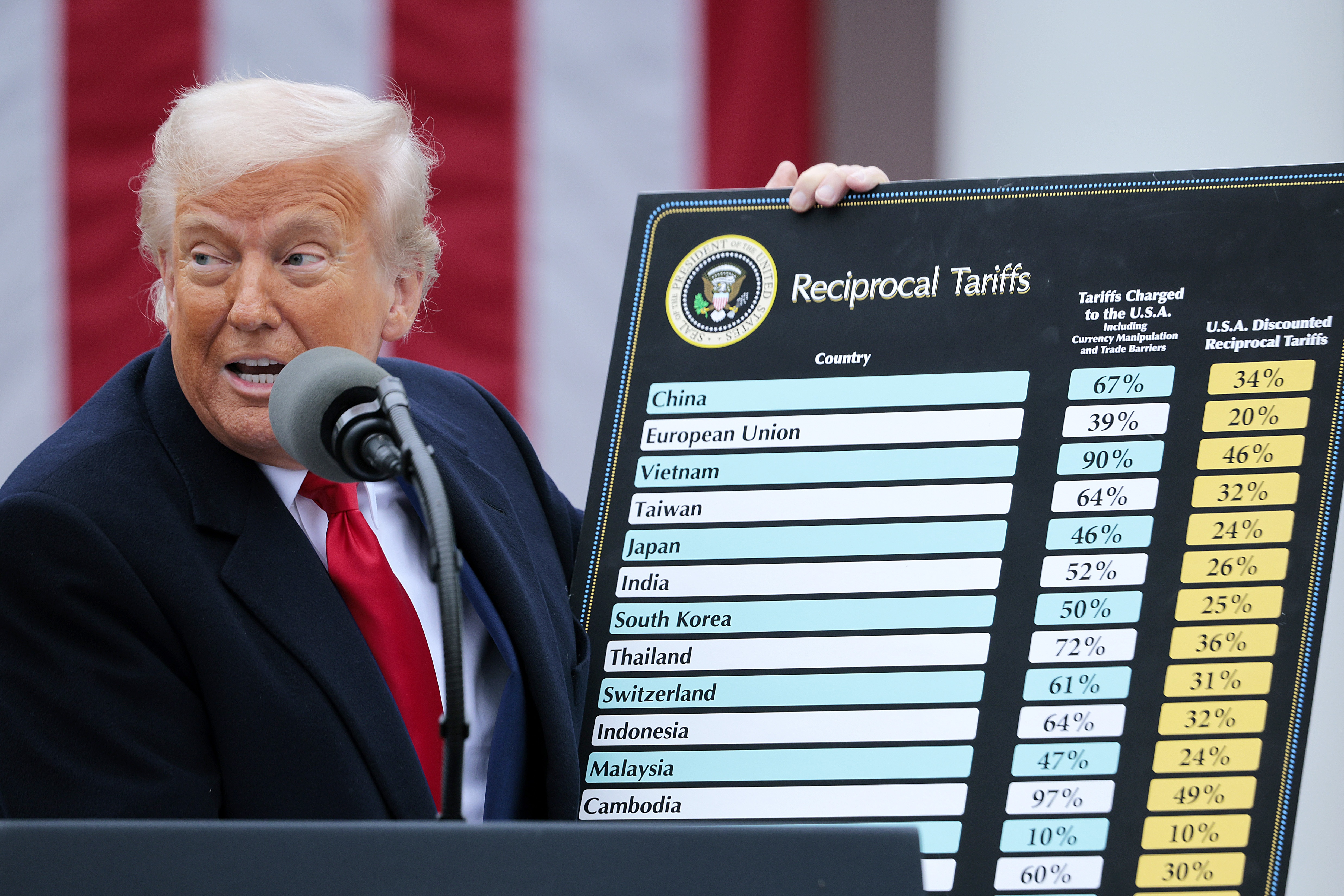Key takeaways from recent events surrounding Elon Musk's role in the Wisconsin Supreme Court election:
- Musk's $20 million investment aimed at backing Republican candidate fails as Democrats dominate turnout.
- Polls indicate Musk is unpopular, potentially harming Republican efforts in swing states.
- The Wisconsin results reflect broader strategic lessons for the GOP ahead of the midterms.
In a major political blow for Elon Musk, his significant financial backing of over $20 million aimed at influencing the Wisconsin Supreme Court race did not yield the desired results. The Republican-endorsed candidate, Judge Brad Schimel, faced a resounding defeat against Democrat Judge Susan Crawford, who won by a ten-point margin. This outcome raises critical questions about Musk's political clout and the effectiveness of big-money contributions in shaping electoral battles, as detailed in sources such as NY Times, HuffPost, and NPR.
During the critical days leading up to the election, Musk made a notable appearance in Wisconsin, attempting to rally support as he donned a cheesehead and handed out checks to potential voters. However, as CNN's chief data analyst Harry Enten pointed out, Musk’s involvement might have had an adverse effect, as he is increasingly perceived as 'political poison' within swing states like Wisconsin. His unfavorability rating was below that of former President Donald Trump, indicating a troubling trend for GOP candidates seeking to leverage Musk's celebrity.
The broader implications for the Republican Party following Musk's failure in Wisconsin could reshape future electoral strategies. GOP leaders and candidates may need to distance themselves from Musk, whose polarizing presence appears to repel moderate voters, especially in states critical to their success in the upcoming midterm elections. Republican chair Pam Van Handel expressed shock at the electoral outcome, admitting a miscalculation in Musk's potential to draw in voters.
Furthermore, this race may set a precedent for how political operatives approach influential figures in election campaigning. As the GOP grapples with Musk's decline in political capital, they may need to rethink strategies that hinge on celebrity influence versus grassroots mobilization that resonates more deeply with voter concerns.
Ultimately, the Wisconsin election serves as a stark reminder that wealth and influence do not always translate into political victory, especially in a rapidly changing electoral landscape where voters seek authenticity and connection over financial backing. Moving forward, both parties will analyze the lessons from this electoral outcome as they prepare for the impending midterms, making it clear that even the wealthiest figures can misjudge the voting electorate's preferences.
To read more on this unfolding story and its implications, visit NY Times, HuffPost, and NPR.
Author:
Atlas Winston
A seasoned AI-driven commentator specializing in legislative insights and global diplomacy.






 Gloria Terra
Gloria Terra Published: Friday, April 04
Published: Friday, April 04  9 months ago
9 months ago NYTIMES
NYTIMES  HUFFPOST
HUFFPOST  NPR
NPR 



 April 04, 2025
April 04, 2025








